They’re the TikTok generation, eagerly capturing their every moment on video and sharing the results with the world.
Those results can be as life-changing as the 17-year-old bystander’s cellphone video that helped convict George Floyd’s killer or a high school freshman’s racist Snapchat remark that a classmate made viral four years later, canceling her college plans.

A pair of professors in Middle Tennessee State University’s School of Journalism and Strategic Media want to help the tweens and teens using TikTok better understand the power, pros and cons, of digital media.
Using funds from a Tennessee Board of Regents Student Engagement, Retention and Success Grant, they teamed up with the Boys and Girls Clubs of Rutherford County to bring 40 local middle- and junior high school students to campus to learn the importance of responsible social media usage and digital literacy.
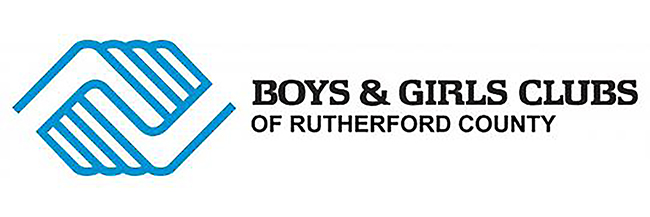
In the inaugural pair of weeklong programs called “Come to Voice,” the students wrote, filmed, edited and premiered their own “documentaries”; worked with a green screen; checked out podcasting; learned about drone filming; completed an interactive campus scavenger hunt; and focused on social media safety with the help of MTSU professors Jennifer Woodard and Ken Blake.
“Responsible social media usage and digital literacy for tweens and teens is often touted by educators and politicians as a must-have part of their education,” Woodard said. “’Digital literacy’ means having the skills you need to live, learn and work in a society where communication and access to information is increasingly reliant on digital communication technologies.
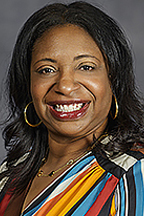
“At a certain point MTSU should give back to the communities who are around us. Ken and I were talking about how we can give back, and we said, ‘We’re good at media, so let’s give that to the community.’
“We wanted to talk about how they (young people) have to be protected on the Internet, how they can be safe on the Internet, how they can use their voices to empower themselves,” she explained. “So many times, kids use social media in ways that hurt each other. This is all about them using it to empower themselves and be safe.”
Among the favorite campus stops for girls and boys from the Smyrna and Murfreesboro clubs was the James E. Walker Library’s MakerSpace, where MTSU students can design and work on projects with 3D and resin printers, a laser cutter/etcher, a vinyl cutter, robotics and virtual reality gear.
The youngsters then headed to TV studios in the Bragg Media and Entertainment Building, where adjunct instructor and two-time journalism alumna Bianca Spencer of Memphis and junior video and film production major Kinsey McBride of La Vergne, Tennessee, helped them use iPads to capture brief monologues each wrote about their favorite hobby or activity.
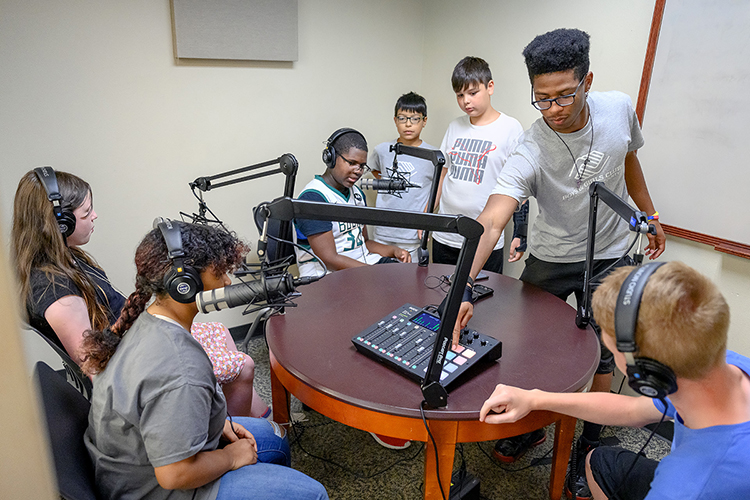
One fifth grader loves dance, for example, and “has been dancing since I was a kid.” Another explained how his grandmother taught him to sing in church and gave him a “gift of music.”
Being aware of the content of their social media, like the scripted “documentaries” they filmed together, makes the younger students more aware that they can — and should — control what the world sees and hears about them, Woodard said.
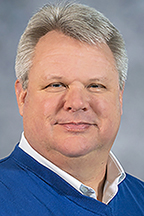
“Social media will follow you for the rest of your life, so you must be responsible,” said Woodard, who also serves as assistant dean of the College of Media and Entertainment. “I don’t want them to not be able to get a job or not get into college because of something they did on social media when they were 11 or 12 or 14.
“Social media’s forever, and they need to understand that. Social media has become a historical record, unfortunately, that will follow you the rest of your life, so we need to learn how to use it responsibly, starting at a really young age.”
To learn more about the School of Journalism and Strategic Media at MTSU, visit www.mtsu.edu/journalism. More information about the College of Media and Entertainment and its programs is available at www.mtsu.edu/media.
More information about the work of the Boys and Girls Clubs of Rutherford County is available at www.bgcrc.net.
— Gina E. Fann (gina.fann@mtsu.edu)
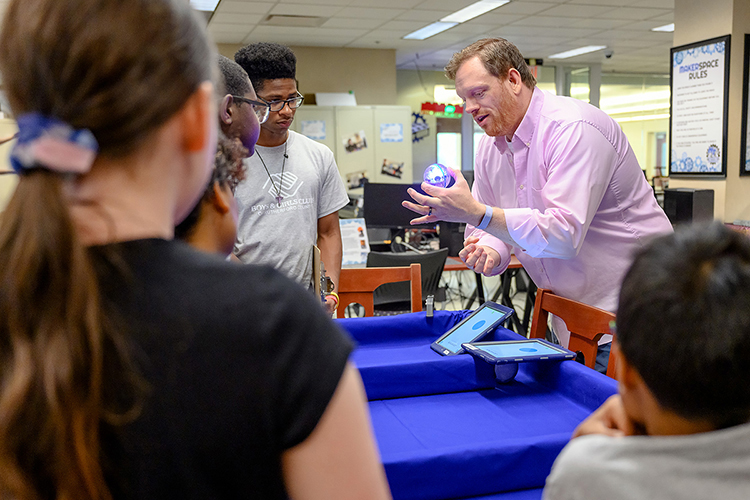
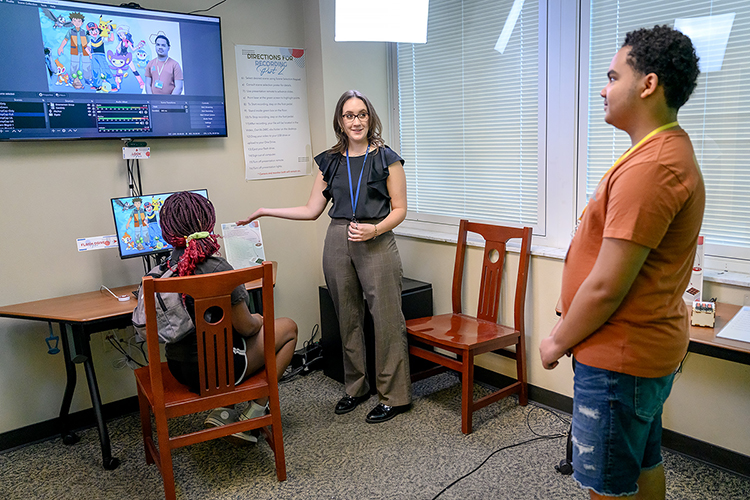

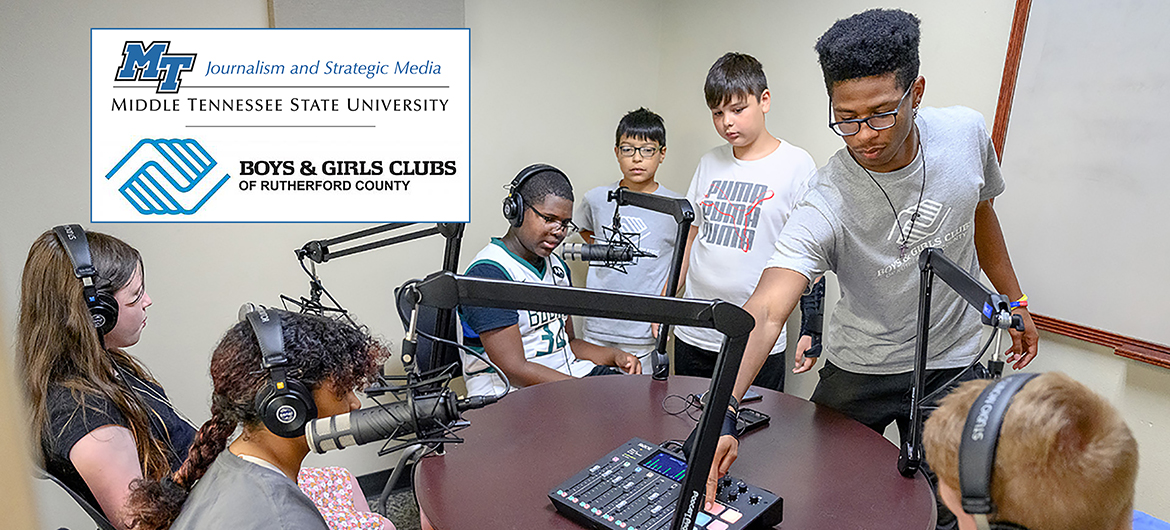
COMMENTS ARE OFF THIS POST